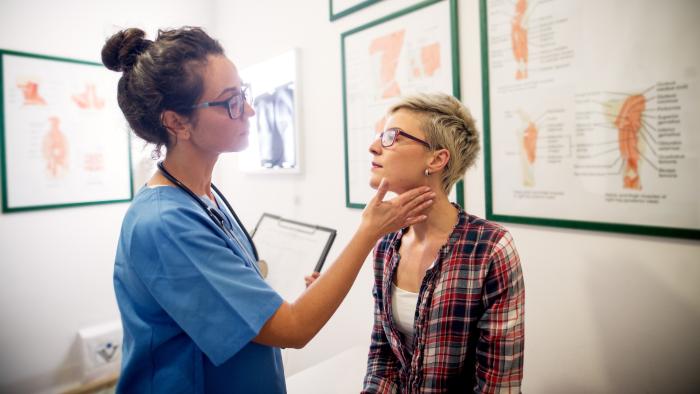
General care
A primary immunodeficiency (PI) diagnosis is a milestone along the journey for answers, and the beginning of the journey to manage the condition. Some lifestyle changes may be necessary, but most people with PI can lead full lives.

A primary immunodeficiency (PI) diagnosis is a milestone along the journey for answers, and the beginning of the journey to manage the condition. Some lifestyle changes may be necessary, but most people with PI can lead full lives.
Proper hygiene is crucial for people with PI and their families to prevent exposure to germs and infections. This involves regular bathing, and hand washing using soap and hot water for at least 20 seconds. Regular dental visits, proper brushing, and flossing are also important to prevent tooth decay and related complications.
To avoid infectious diseases, people with PI should minimize their exposure to people or places that carry a risk of infection, such as crowded indoor spaces during flu or COVID surges. For travel-related questions, it's best to consult with your immunologist or primary healthcare provider before your trip.

Parents and guardians of young children with PI can often use daycare, but they should be aware that children can be exposed to infections. In large institutional daycare facilities, the exposure can be greater. Caregivers may want to consider smaller daycare settings or in-home daycare. Always speak with your pediatrician or immunologist before enrolling your child.

Good sleep is crucial for good health. Most experts recommend a consistent sleep schedule, as irregular sleep patterns can negatively affect the immune system. To ensure good sleep hygiene, go to bed and wake up at the same time daily. Try to avoid heavy meals, caffeine, and alcohol consumption in the evening. Napping should also be limited when possible. Children under the age of 3 require both naps and nighttime sleep.

Visiting a primary care provider regularly is crucial for good health, especially for people with PI. Some immunodeficiencies can cause other illnesses. For example, common variable immune deficiency (CVID) increases the risk of autoimmune diseases, leukemias, and lymphomas.
A primary care provider who knows the individual well and sees them regularly may be the first person to recognize a symptom of one of these conditions. Children should have annual check-ups, as poor growth or development may indicate a potential issue. Regular health screenings are important to detect and address any potential issues early on.

In 2014, the IDF Medical Advisory Committee published comprehensive recommendations on vaccines for those with PI and their family members in The Journal of Allergy and Clinical Immunology.
People with PI will still get sick, even after diagnosis and treatment. It's important to seek medical advice for symptoms like fever or a cough. Never self-treat with leftover antibiotics, and always follow your healthcare provider's advice. Ignoring an illness or undertreating it can lead to negative long-term consequences. The key to managing PI is adopting a healthy lifestyle and complying with your healthcare team's recommendations for treatment.
Get specific tips for preparing for cold and flu season:
Navigating respiratory virus season

This page contains general medical and/or legal information that cannot be applied safely to any individual case. Medical and/or legal knowledge and practice can change rapidly. Therefore, this page should not be used as a substitute for professional medical and/or legal advice. Additionally, links to other resources and websites are shared for informational purposes only and should not be considered an endorsement by the Immune Deficiency Foundation.
Adapted from the IDF Patient & Family Handbook for Primary Immunodeficiency Diseases, Sixth Edition.
Copyright ©2019 by Immune Deficiency Foundation, USA
Receive news and helpful resources to your cell phone or inbox. You can change or cancel your subscription at any time.